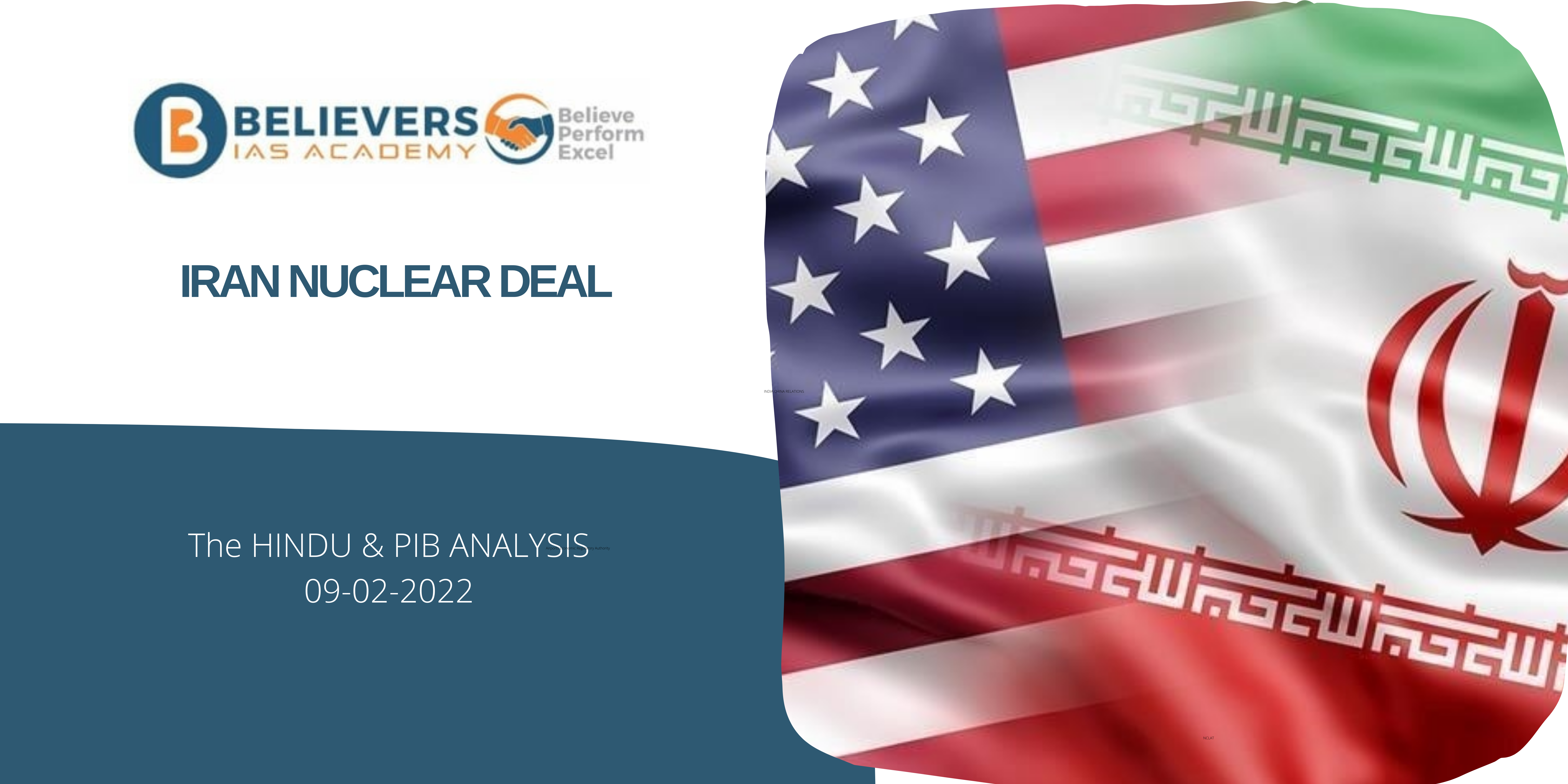A Brief Insight into Evolution of International Relations as an Independent Discipline
Introduction:
- In modern times while nations and people have come to understand the importance of International Relations as an activity among nations, there is not much awareness about the evolution of International Relations as an academic discipline. In this blog let us look into it.
- The ending of the First World War and the pivotal role played by the then President of the United States Woodrow Wilson in the creation of the League of Nations as an international organisation at the world level had a great influence on the efforts that were made at the academic level to institutionalise the study of International Relations.
- Thus, it was in 1919 that the first department of International Relations was established in the University of Wales with the Woodrow Wilson Chair
Different Stages of its Evolution: Professor Kenneth W. Thompson in his essay “The Study of International Politics: A Survey of Trends and Developments”, has referred to four stages in the development of the discipline.
The First Stage –
- The first stage up to the end of the First World War was dominated by the monopoly of Diplomatic Historians, who presented international relations in a chronological and descriptive (not analytical) manner.
- They never bothered to explain how various events and situations fitted into the general pattern of behaviour among nations.
- Diplomatic Historians, avoided the study of current events and refrained from deducing any universal principles from their descriptive study of events.
- Their study helped us in understanding events of the past, but provided no clues as to how the present and future trends were to be understood.
- As such that phase was not helpful in developing a general perspective or theory of International Relations.
The Second Stage –
- The second stage in the development of International Relations began with the end of the First World War with scholars emphasizing the importance of studying current events and focusing their attention on interpretation of the significance of current developments and problems.
The Third Stage –
- The third stage in the development of the discipline of International Relations which began during and after the inter-war period emphasized the institutionalization of the institutionalization international relations through law and organization.
- Such an emphasis was based on the belief that the international community was able to create institutions which would help resolve all international problems.
The Fourth Stage –
- Interestingly many scholars began emphasizing the need for studying military strategy rather than peace-oriented studies.
- The sad and eventual failure of the League of Nations in preventing the outbreak of the Second World War dealt a body blow as it were to the severe limitations of the legal organizational approach and that phase of the development of international relations, which was associated with it.
- The fourth phase in the study of International Relations began with the emphasis shifting from international law and organisation to the study of forces and influences which shape and condition the behaviour of States




